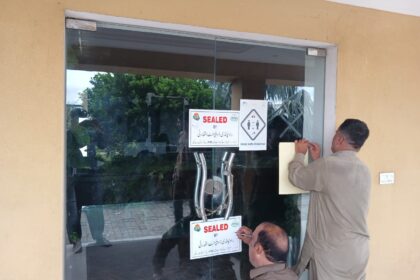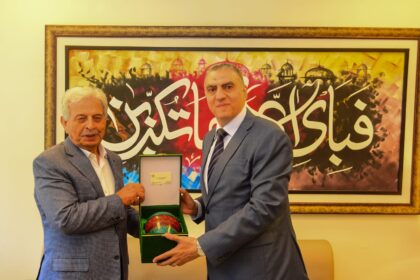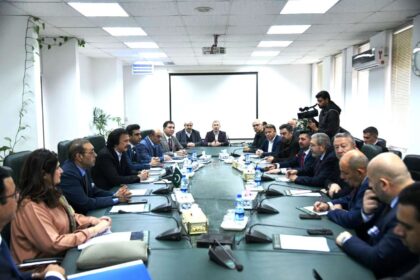The Institute of Strategic Studies Islamabad’s Centre for Strategic Perspectives hosted the launch of an edited volume examining Pakistan Russia relations, drawing senior diplomats, scholars and policymakers from both countries to discuss the past and future of bilateral ties.
Ambassador Sohail Mahmood, Director General of ISSI, said the relationship has evolved over 75 years from Cold War divergence to growing areas of convergence across diplomacy, defence, energy and economic cooperation. He recalled that despite historical constraints the connection never fully broke, citing Soviet-era support for Pakistan’s industrial projects and mediation efforts such as the Tashkent Declaration.
Dr Rasul Bakhsh Rais, participating as a discussant, praised the book for capturing the long arc of Pakistan Russia relations and highlighted emerging cooperative fields including counterterrorism, stability in Afghanistan, energy security and trilateral connectivity involving China. He cautioned that sanctions, banking barriers and lingering mistrust remain obstacles that require institutionalised engagement and cultural diplomacy to overcome.
Dr Vyacheslav Belokrenitsky of the Russian Academy of Sciences underscored rising Russian academic interest in Pakistan and said the new volume reflects stronger scholarly collaboration that can support better policy understanding on both sides.
Drawing on his service in Moscow, Ambassador Qazi M. Khalilullah pointed to milestones such as the 2014 defence cooperation agreement and projects like the Pakistan Stream Gas Pipeline, while urging fuller use of diplomatic, energy and academic linkages to realise the relationship’s potential.
In a video message, Ambassador Faisal Niaz Tirmizi noted that bilateral trade had reached about USD 1 billion before banking and sanction-related disruptions and called for greater facilitation of student, scholar and cultural exchanges to strengthen people-to-people ties between Pakistan and Russia.
Guest of Honour Ambassador Albert P. Khorev welcomed the book as a timely analysis and pointed to expanding cooperation in energy, trade, counterterrorism and humanitarian exchanges. He referenced practical steps under discussion, including economic projects and enhanced educational scholarships, and observed growing Russian interest in Pakistan as a regional connectivity hub within a broader Eurasian framework.
Chief Guest Senator Mushahid Hussain Syed reflected on historical moments of goodwill, from early Soviet outreach in the 1950s to later high-level visits, and argued that the current global shift toward a more multipolar order creates fresh opportunities for deeper engagement anchored in education, culture and connectivity. He also supported the idea of a dedicated Eurasian Connectivity Forum hosted in Pakistan.
The event included brief remarks from several contributing authors and concluded with a vote of thanks from Ambassador Khalid Mahmood, who noted that while Cold War dynamics once limited ties, Pakistan Russia relations have entered a period of steady improvement with growing convergence on regional stability, energy cooperation and institutional exchange.











